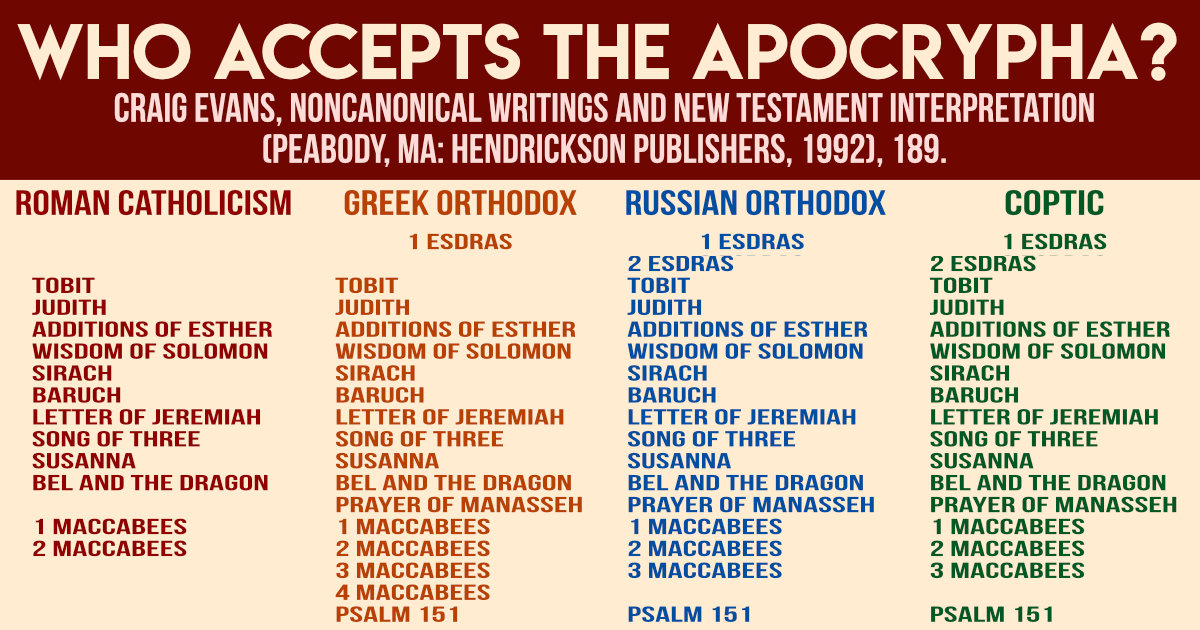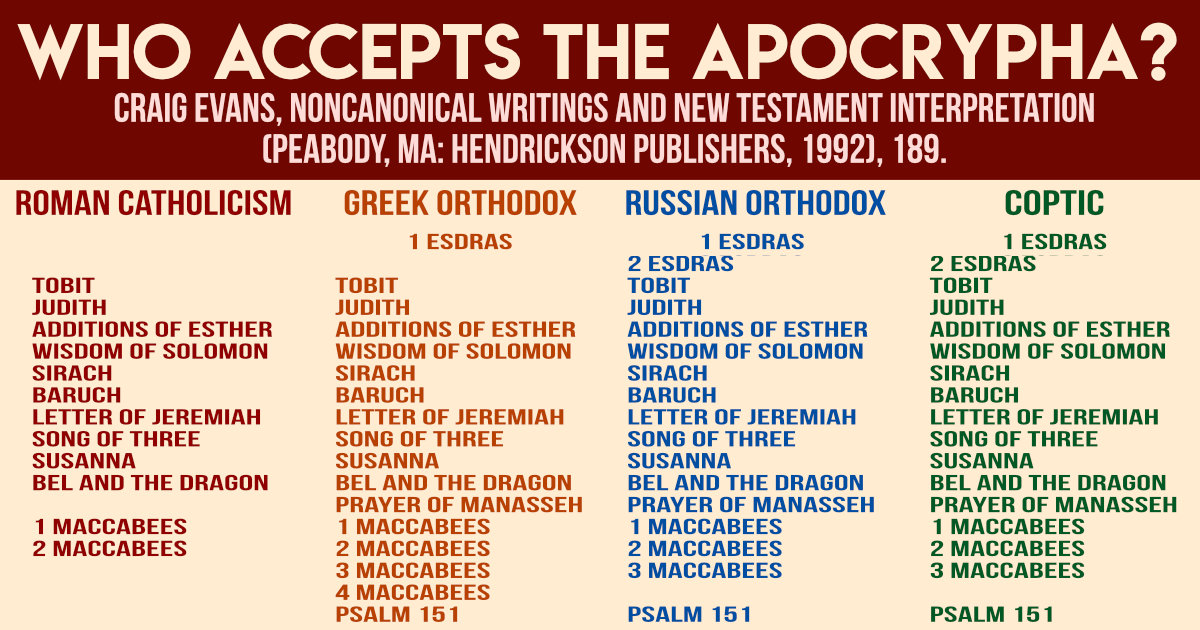Agreed, it is a mistake that colours interpretation.
How do interpret the scriptures.
Well, this may be obvious and self-explanatory for the most part, but perhaps some fair guidelines for proper reading could be:
1. A passage of Scripture is always to be taken in its plain, natural and literal sense, unless there is something in the text itself, or in the context, that clearly indicates that it's meant to be figurative.
2. A passage is never to be torn from its connection, but it's to be studied in connection with what goes before and follows after.
3. Scripture is to be interpreted by Scripture, the dark passages are to be compared with the more clear, bearing on the same subject. For example, when Jesus says
"If anyone comes to Me and does not hate his own father and mother and wife and children and brothers and sisters, yes, and even his own life, he cannot be My disciple", it has to be understood in light of everything else our Lord says.
4. We can never be fully certain that a doctrine is Scriptural until we have examined and compared all that the Word says on the subject.
5. We have to respect that God speaks primarily in two voices: On one hand, He calls sinners to repentance, and on the other, He consoles repentant sinners with the Gospel of Jesus. We should therefore not confuse nor separate God's commands with the salvation won for us by our Lord Jesus Christ. This is the sum and substance of Paul's argument to the Galatians.
6. The Old Testament is the foundation of the New Testament, and the New Testament must be used to rightly understand the Old Testament. For example, we won't properly understand the significance of the Eucharist if we don't appreciate the significance of the Passover, and vice versa, in that Jesus is the true Lamb of God given to us.
7. The Bible should be read Christologically! All of Scripture ultimately points to or culminates in Christ, and through Christ, it applies to us. For example, the story of Jonah is not about me facing my fears or having to overcome something trivial in life. No, it's about God's grace on Nineveh, and ultimately about Jesus' victory over sin, death, and the devil for us.
The main way we know we are true Christians is by having the indwelling Holy Spirit, which was given as our guarantee of God’s promises.
The indwelling Holy Spirit is totally trust worthy, knows our inter thoughts, and knows everything, but we still have free will so, He can be quenched by us and we may not realized it at the time.
The Holy Spirit is totally consistent with scripture (he authored), so His message to us cannot contradict scripture, which is one way of knowing the interpretation of the message is from Him.
A key to finding truth, allowing the Spirit to help us, and understanding scripture is our personal motive for knowing. Almost any doctrine, we thought up, can be supported by the misuse and abuse of scripture. Lots of times we look at scripture to find support for our conclusions and not the other way around, so the Spirit is not going to be helping us.
So, why do you want to know what this scripture is saying? Are you using the verse to win an argument and make yourself look good? Are you writing a commentary on the scripture to sell a book and make money, build a following, receive praise for yourself? Are you just wanting to know for academic reasons?
I have no problem understanding scripture, if I do the following: really question my motive for knowing and have an excellent positive reason for knowing (changing my own life to be more selfless and helping with the positive change in other people’s lives), pray extensively for help to know what the verse says and my reason for knowing, patiently allow, through meditation, the Spirit to provide wisdom to me, read extensively scripture to understand the context, read other verses which might help me understand, fast for as long as it might take, present my ideas to other like minded Christians, who will pray and study with me.
One of the promises we have in this life is: we can obtain wisdom, by praying for it know we will get it, but that assumes we have a strong pray life (getting what we pray for).
Thanks be to God for His gracious gift of the Holy Spirit! The Bible is indeed the words of the Holy Spirit, and the same Spirit indwells all who believe and are baptised in Christ. But this does not guarantee that everyone understands the Bible perfectly. If that was the case, there would be no division in the church. But because of sin, to our shame, there is.
I think a more helpful way to approach the Scriptures is with simplicity: The Holy Spirit has spoken to us through Christ, prophets, apostles, and those words are written down for us. So what this means for us practically is that we really just have to read it. The Holy Spirit's words doesn't have to be "unlocked", so to speak. They are clear if we have the humility to let reason, tradition, and human philosophy be governed by God's Word. The more we let Scripture interpret itself, the more accurately we understand His Word, and this is something we should all strive for, regardless of what church body we're in.



